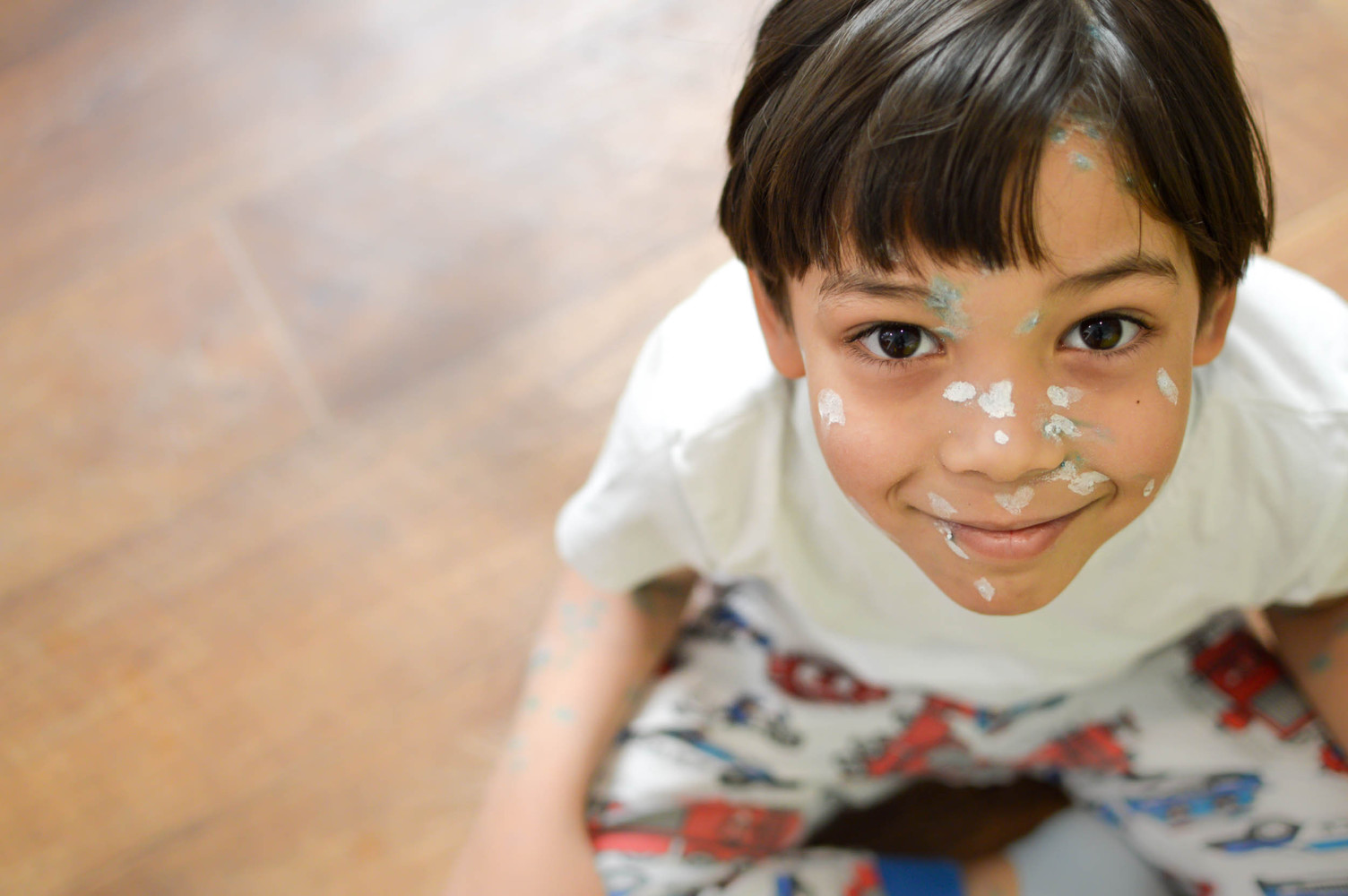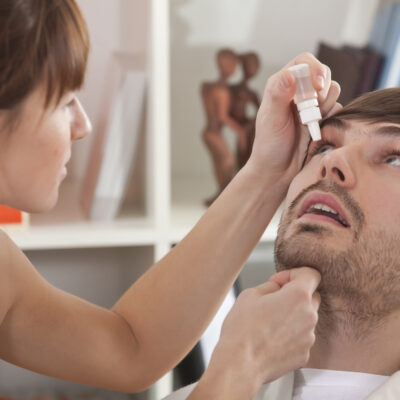
Diagnosis and treatment of chicken pox
Chickenpox is caused by a virus called varicella virus and is extremely contagious.
Chickenpox is diagnosed by the visible signs and symptoms it causes such as the development of rashes. If you notice any rashes that are red and scabby on your child, visit a doctor immediately. Doctors can help provide the necessary measures to manage the symptoms of chickenpox and avoid any further complications.
New-borns, pregnant women, people with a weak immune system or other health conditions must seek a doctor’s advice immediately after they notice the first tell-tale signs of chicken pox.
Treatment of chickenpox
Chickenpox generally does not require any treatment. The infection fades off on its own in a couple of weeks. However, there are vaccines that can prevent the occurrence of chicken pox.
There are several measures that can be taken to manage or alleviate the symptoms arising from chicken pox. Certain measures can also be taken to prevent the spreading of the infection to others.
Tylenol can be used to help with temperature and pain. It is important to note that aspirin or aspirin-containing products must be avoided when one has chicken pox as it can lead to complications. Tylenol can also be used when pregnant women get chicken pox.
Drinking plenty of fluids can help prevent dehydration. Sometimes doctors also prescribe sugar-free popsicles or Pedialyte for children. These popsicles can help ease the discomfort caused by soreness in the mouth.
Doctors recommend patients to avoid itching as it can cause scarring. It is important to keep one’s fingernails clean, wear loose clothing, apply facto calamine lotion regularly, take oatmeal baths or putting mittens or socks for children so that their skin doesn’t scar from itching.
An antiviral medication called Acyclovir can be taken within 24 hours of developing the symptoms of chicken pox. Although this doesn’t cure chicken pox, it can certainly reduce the effects of the symptoms.
Prevention of chicken pox
Vaccination can be given to children to prevent chickenpox. These vaccines have a 90% success rate of preventing chicken pox. Doctors recommend kids to get their first injection when they are 12 to 15 months old followed by a booster shot when they are four to six years old.
People who are over the age of 13 years and have never got chicken pox and are not yet vaccinated must get two shots of the vaccine at least 28 days apart. There are very few people who have been vaccinated, who actually get chicken pox. However, these cases are very mild and they tend to recover very quickly.
Kids who have had chickenpox during childhood do not really need the vaccine as the virus becomes dormant and they tend to protect from the illness for the rest of their lives.
If a pregnant woman has had chicken pox before pregnancy, the baby will not get it at least in the first few months after being born. This is because the mother’s immunity is passed on to the baby through breast milk and placenta.


